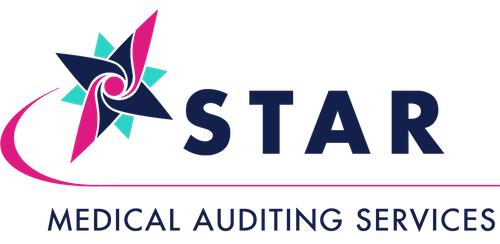Physician Buy-In Is Non-Negotiable for CDI Success
Meaningful physician buy-in is essential for a successful Clinical Documentation Improvement (CDI) program. Without it, documentation remains vague, incomplete, or noncompliant, no matter how strong your CDI team is. Physicians are the originators of the clinical story; CDI specialists clarify and support that narrative, not rewrite it. If providers don’t engage with queries or see the value of documentation specificity, the process becomes performative—not transformative.
But this isn’t about forcing compliance. It’s about building partnerships. CDI gains traction when physicians understand that accurate documentation isn’t just about coding or reimbursement. It fuels quality reporting, reduces legal risk, supports accurate risk adjustment, and protects their own performance metrics. When CDI is positioned as a clinical tool—not just a financial one—buy-in gets easier.
Without physician engagement, the downstream impact is serious. CDI specialists end up chasing incomplete documentation. That leads to generic entries, misassigned codes, skewed severity scores, and distorted quality metrics. Revenue leaks from missed opportunities to capture complexity or justify medical necessity. Worse, CDI is seen as a nuisance rather than a clinical ally, leading to unanswered queries, clinician frustration, and eventually, CDI team burnout.
In essence, without physician collaboration, a CDI program becomes a compliance checkbox, not a strategic asset. The data loses clinical integrity. And everyone—patients, providers, and the health system—misses out.
A CDI program might function without physician engagement, but it won’t flourish. You can have the best-trained specialists and top-tier tools, but without collaboration—without physicians responding to queries or valuing documentation—your program hits a ceiling.
Still, success is possible with intention. Focus on education, demonstrate clinical relevance, and frame CDI as support, not burden. That’s how you shift culture. Without that shift, though, you’re just spinning your wheels.
And yet we know it is not easy to have physician buy-in with your CDI program. Perhaps showing why it should matter with physicians can make all the difference.
1. Their Documentation Drives Patient Care Quality
CDI helps ensure the care they provide is fully reflected in the record. This impacts:
Severity of illness and risk scores
Mortality and outcome metrics
Quality reporting that shapes hospital ratings and public perception
2. It Protects Them
Clear documentation:
Justifies medical necessity
Supports legal defensibility
Reduces audit risk
Ensures their performance metrics reflect the complexity of the patients they manage
3. It Supports the Whole Care Team
Their documentation informs not just coding, but also nursing, case management, utilization review, and future providers. Incomplete or vague notes can cause confusion or delays in care.
4. It’s Not About More Work—It’s About the Right Support
CDI specialists are there to support, not police. Queries aren’t critiques—they’re clarifications. We want their clinical judgment to be accurately captured and reflected in a way that meets documentation standards.
At STAR Medical Auditing Services, we know physicians’ documentation shapes the record. Let us help you make sure their words reflect the full value of their work!
